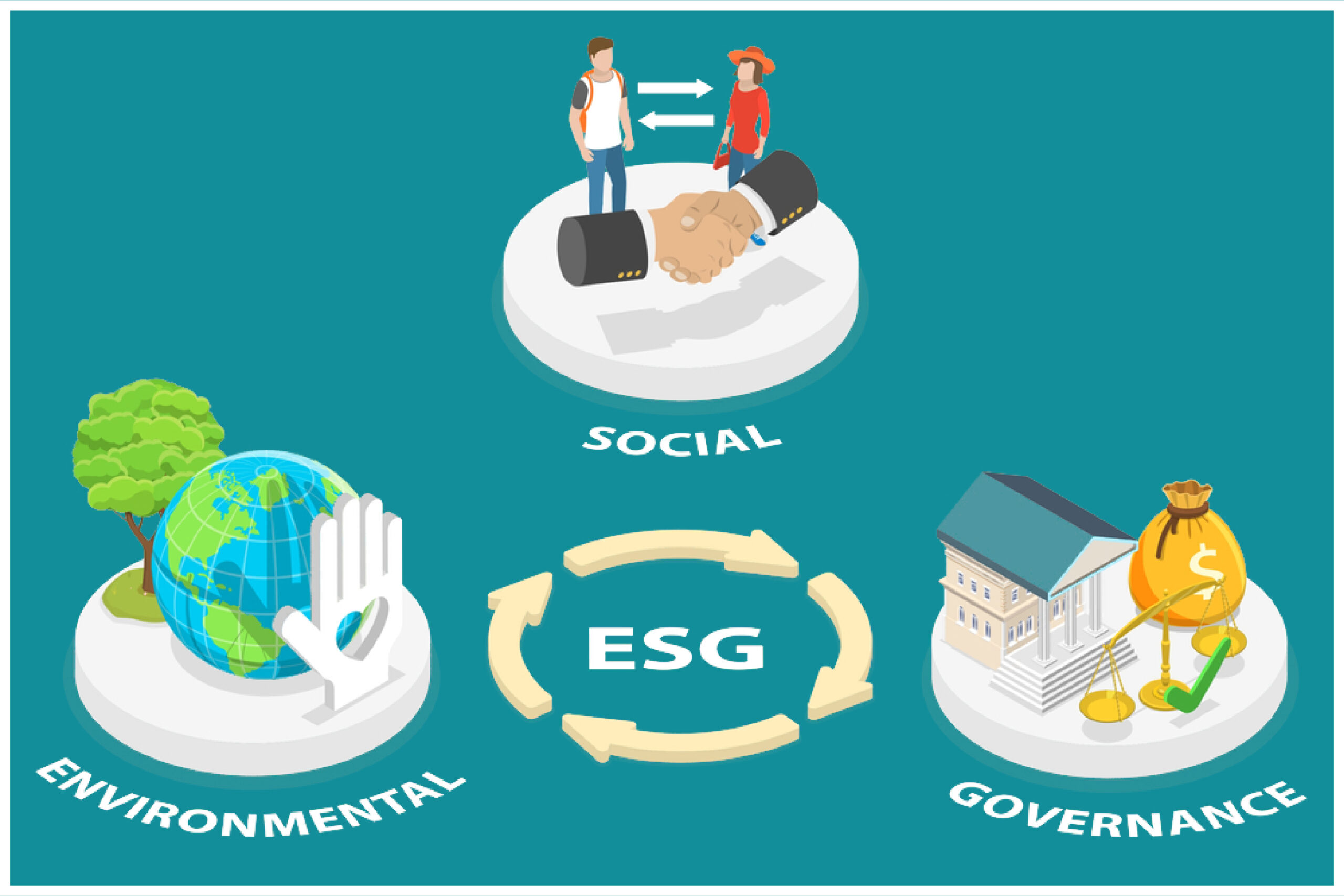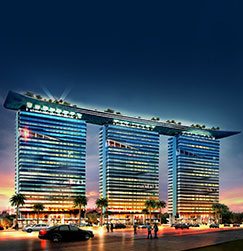The Covid-19 pandemic has knocked the commercial real estate (CRE) sector in almost every industry. As markets reopen, owners are forced to make hard choices about whether or not they should proceed with renting office space. Consequently, landowners and other CRE investors may see an extended impact on their earnings stream.
As specialists in their field, the Forbes Real Estate Council members keep their eye on developing industry trends that might influence potential investment and real estate deals.
Below are 13 factors reshaping CRE investments in 2021 and ahead and how investors can provide.
1. Higher Demand

The business will continue to grow at its current blazing pace for the late half of the year, fueled by low lending rates and inflationary pressures. Financing property purchasers will try to cash out while the markets are hot. As investors seek lightly higher yields, demand for investment properties will continue to increase in the subsidiary and tertiary markets.
2. Increased Office Vacancies

For offices, it’s the lease renewals. The economy is setting back to normal, but unemployment is up, work from home, and people are relocating. Prediction is that most stable companies will renew their leases but flock to more minor space requirements, creating vacancies in many areas.
3. Changes In Federal Aid

We should watch closely how federal involvement in business loans will develop. It is also likely that if inflation continues to grow, the federal government will be forced to intervene on interest rates. Watching for the Federal Reserve’s economic outlook changes will help business owners decide whether to buy or lease commercial space.
4. Wider Adoption Of Technology

The pandemic has put a real focus on the power of data, and instant access to market intelligence is enabling savvy investors to operate outside of their existing asset classes and geographical regions. Wider adoption of technology and a better understanding of market data will only increase the demand on already limited stock availability.
5. More Demand And Less Supply

There is more demand for commercial investment properties than ever before with less supply. High-net-worth individuals purchase real estate to hedge against inflation and take advantage of the low-interest rates. With the scarcity of residential properties, many are looking to commercial instead, leading to more competition for investment opportunities. Time is of the essence now more than ever.
6. A Debate Over Office Space

The return to the office and the conditions associated with pandemic measures are important factors. Think about the amount of space required and whether employees will accept a return to the old office paradigm versus remote working. Several companies are implementing mandates for vaccines and could play a factor for many.
7. Greater ESG Impact

The one crucial factor is the impact of environmental, social and governance (ESG) because it’s influencing real estate from every perspective. It’s impacting the tenants, the space they want to use and their willingness to return to the office. It’s affecting access to capital markets to raise equity and debt. It’s also impacting the value as more and more cities, states and countries look at regulation to drive ESG.











